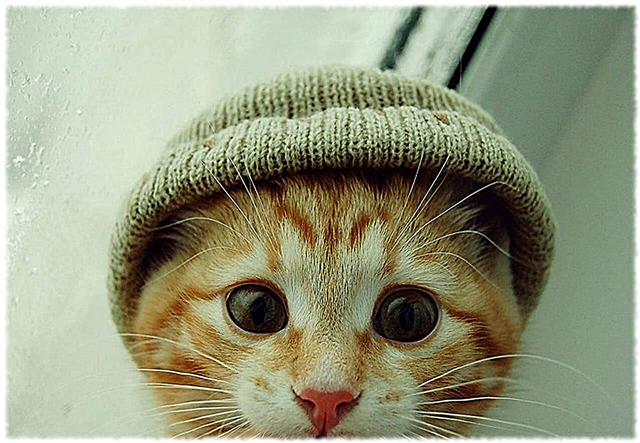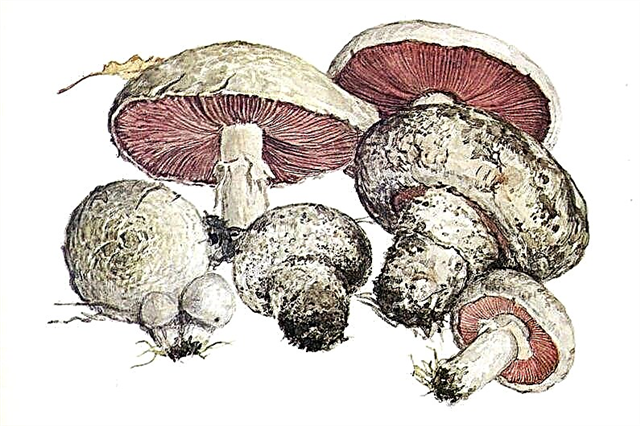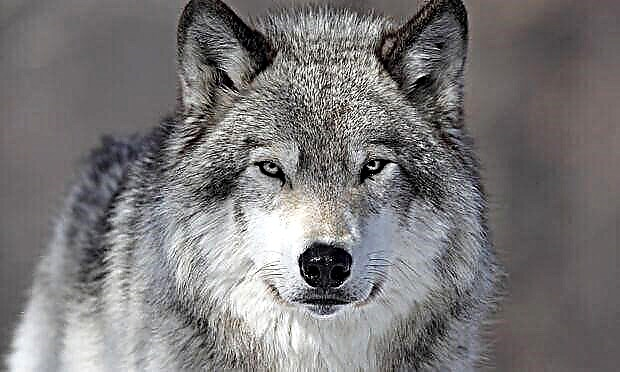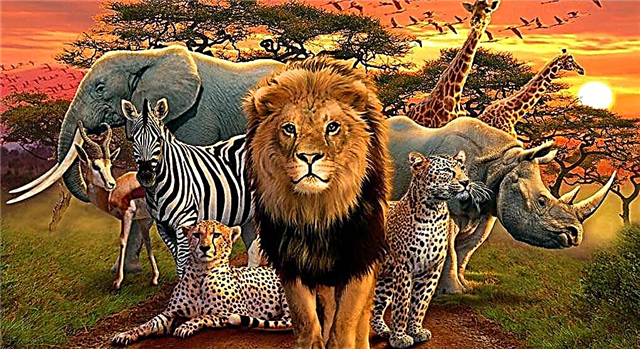
Yawning is more contagious than a cold. By the way, have you not yawned yet? If so, you are in good company. We yawn, waking up in the morning, yawn, going to bed at night. We yawn a lot when we watch TV and sit in class. We even yawn when we jog in the park.
Interesting fact: some animals, such as monkeys and lions, yawn when hungry.
Who else besides people yawns?
Humans are not the only creatures on Earth to yawn. Many other animals (from the lion to the fish) often tend to open their jaws in a sweet yawn. When we see a yawning man, we think that he is tired or bored. But if the Siamese fighting fish yawns, beware! The male begins to yawn when he sees a foreign male on its territory. A few yawns follow, one in ten minutes. Then the fish attacks another fish, and the battle breaks out. Some animals, such as monkeys and lions, yawn when they are hungry.
Why are people yawning?
A common explanation is that we yawn to breathe more oxygen, for example in a stuffy room. But psychologist Robert Provine, who studies yawning, claims that this is not true. People who breathe pure oxygen yawn no less than those who breathe ordinary air. Provine says that no one knows exactly why people are yawning and why yawning is so contagious. But he is trying to find out.
For many years, Provine conducted yawning experiments at the University of Maryland. In one of the experiments, the subject was sitting in a quiet room and thinking about yawning. When he felt the need to yawn, he pressed the button. When the yawn ended, he pressed the button again.
Provine found that the average duration of a yawn is six seconds. One of the subjects, concentrating, yawned 76 times for half an hour. Then Provine filmed himself on videotape - yawning and smiling. During the demonstration of this video cassette to the subjects, only one out of five spectators smiled in response to Provine, but half of the spectators yawned to yawn. Conclusion: yawning is much more contagious than friendly disposition.
Why yawning?
When we yawn, the head throws back, the lower jaw drops down, the eyes blink, and the eyebrows frown. Provine emphasizes that stretching, we usually simultaneously yawn, so maybe yawning is a kind of stretching for the muscles of the head and neck. But yawning, in addition, causes a delay in oxygen-carrying blood in the brain.
Thus, yawning can both wake up and soothe us. Try observing yourself, Provine advises, and you will realize that yawning is not just a deep breath. If you squeeze your lips when a yawn begins and try to breathe through your nose, then make sure that this is absolutely impossible. If yawning were just a deep breath, then you would be able to breathe your nose with equal success during yawning.
Why is yawning contagious?
Provine believes that yawning is so contagious that perhaps the brain is programmed to respond to a yawning face with yawning. When the ancestors of modern people lived in herds, perhaps yawning was a means of synchronizing the behavior of the members of the herd. Yawning, transmitted from person to person, could serve as a signal: it is time to sleep or it is time to hunt!












